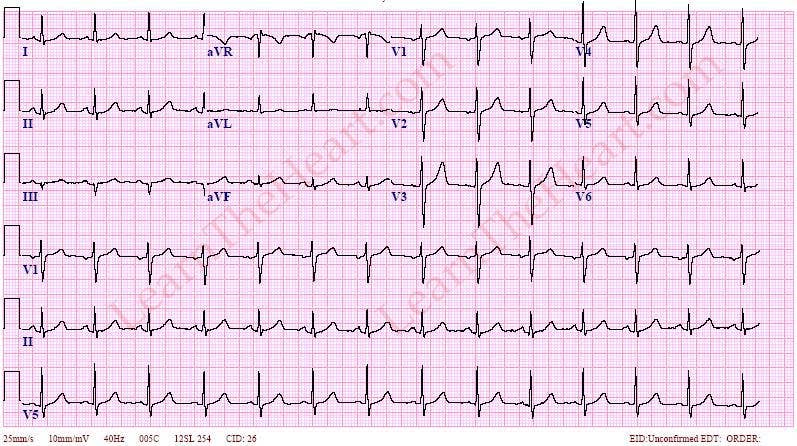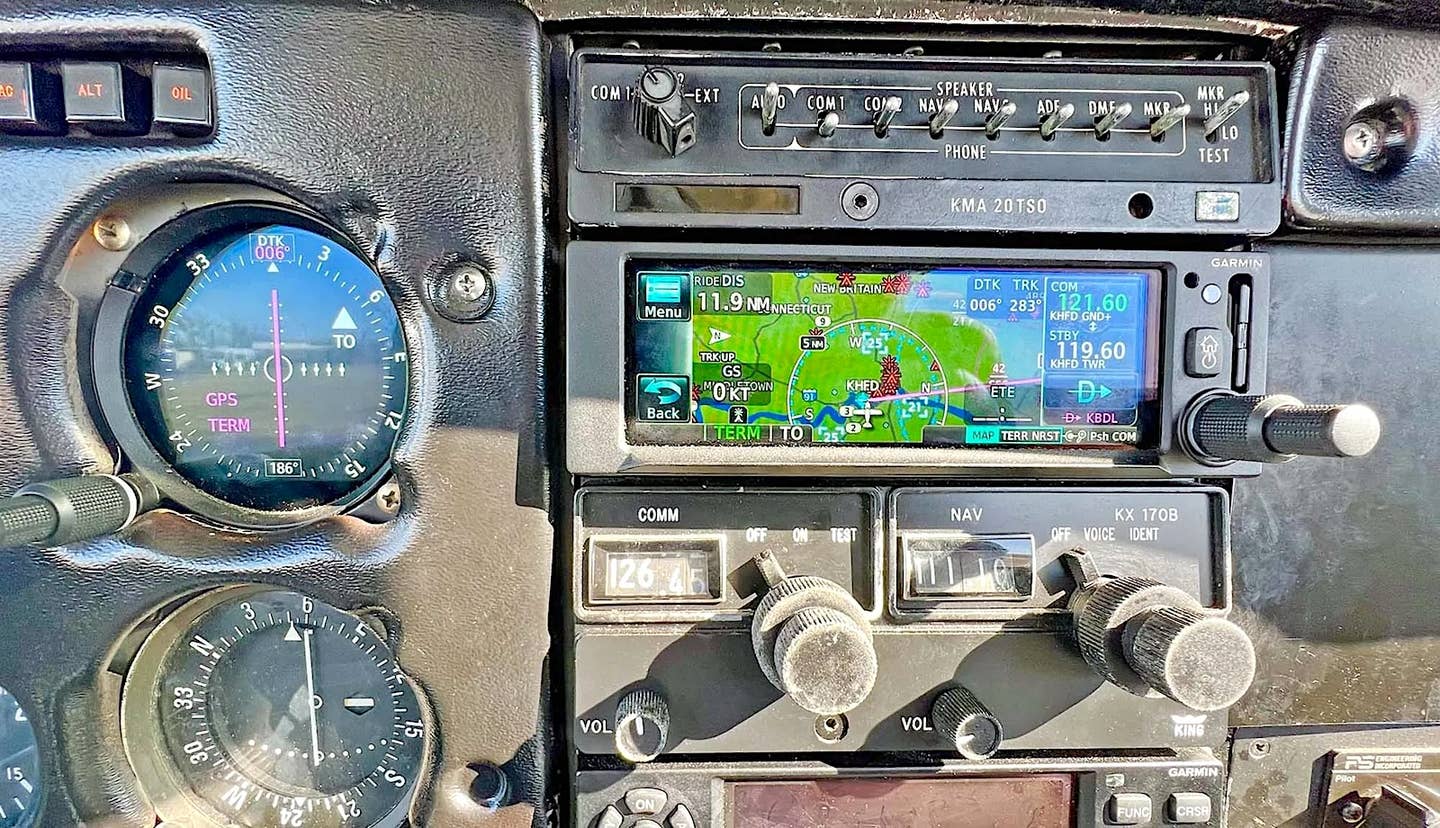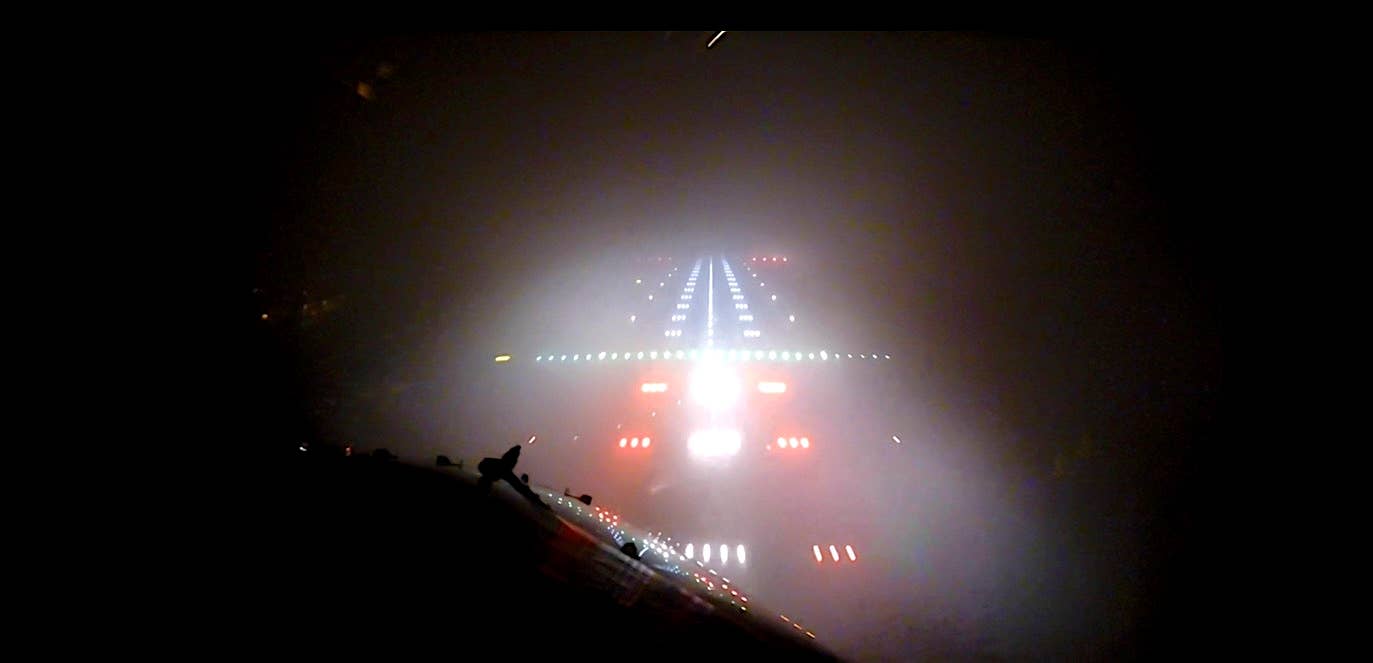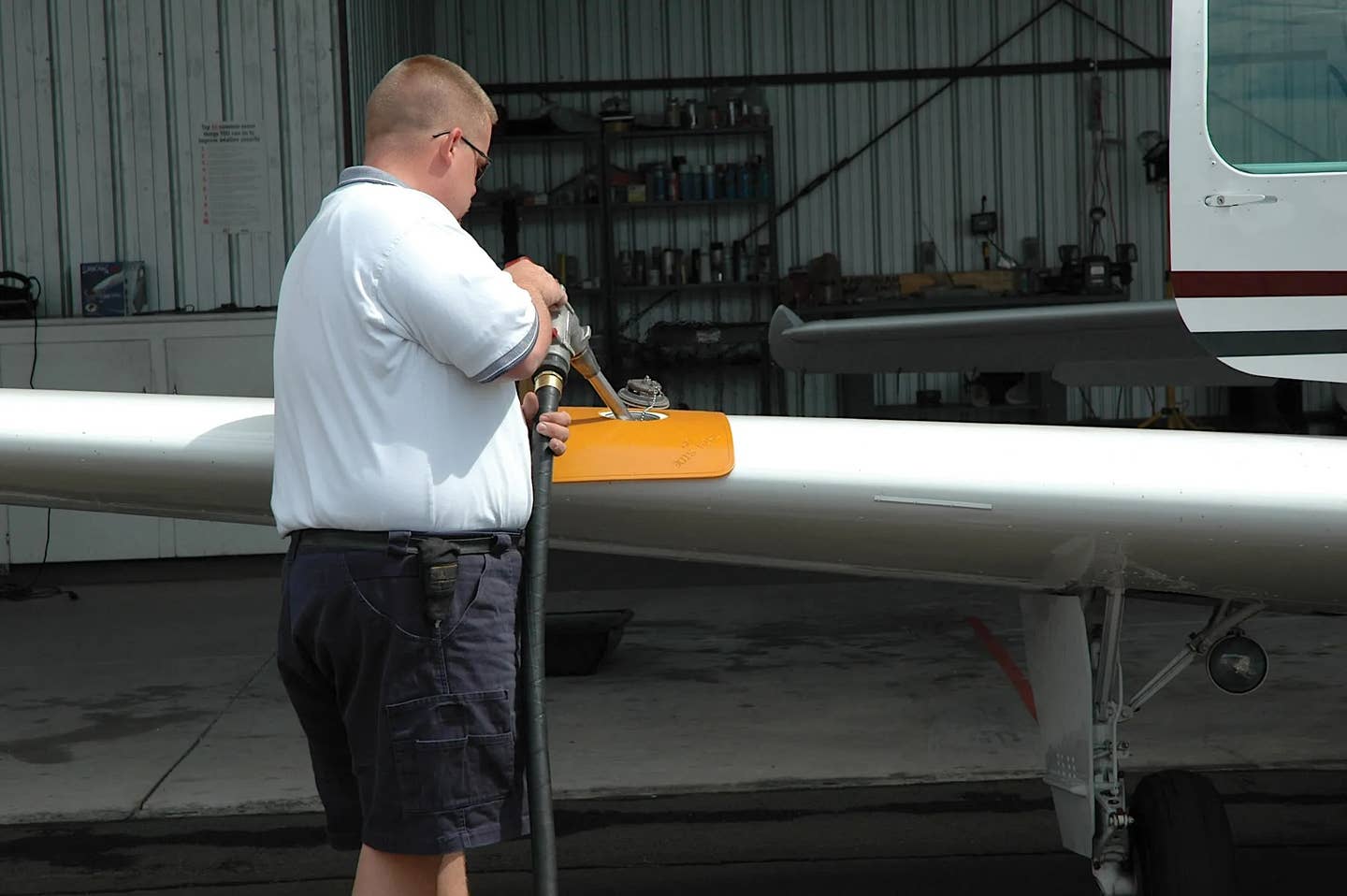Top Letters And Comments, March 24, 2023
This week’s letters brought comments from readers about pilot medical screening, communicating with ATC, drone deliveries and long-duration cockpit voice recorders.

Canadian Investigators Call For Improved Medical Screening For Pilots
In response to your March 16 article (“Canadian Investigators Call For Improved Medical Screening For Pilots”), our takeaway is: swing and a miss. The Canadian Transportation Safety Board (equivalent of the U.S. NTSB) wended its way to a costly and cumbersome recommendation for a problem that doesn’t exist, and actually exacerbates the issue for pilots flying from, and to, both sides of the border.
The CTSB is recommending CT imaging and blood work for cardiovascular screening for all Canadian commercial pilots over age 40. While its concern is pilot incapacitation from heart problems, this recommendation came in an accident report which, oddly enough, had nothing to do with the pilot’s heart health. The CTSB issued the recommendation fully realizing that pilot medical incapacitation happens so rarely that it doesn’t measure on any stick for assessing risks to the aviation environment.
This is how safety organizations get a bad rap. Take an accident investigation, go down a rabbit hole well off the path of the cause of the accident, and make burdensome and irrelevant recommendations to an already backlogged system, which will have very little chance of a positive impact on safety. The CTSB admitted the additional tests may not have identified issues with this pilot and the issues, even if identified, may not be strong indicators of substantial risk of pilot incapacitation.
Let’s focus our energy, on both sides of the border, on measures that make a tangible and positive impact on aviation safety. Like for example, the U.S. BasicMed qualification, under which some 80,000 pilots have qualified (almost twice the amount of Canadian commercial license holders) and fly safely. BasicMed has proven a resounding success in the U.S., both improving pilot awareness of their personal health and risk factors, and limiting time and cost of medical qualification processing for regulators and pilots.
Richard McSpadden
Senior Vice President, AOPA Air Safety Institute
Misheard Mistakes
Great article. I work for a European ATSP as a consultant for reviewing misunderstandings and improving ATC communications especially with non-native ATCOs which are all but 5 in 1,400. I am not an ATCO but a GA pilot/owner with 22 years of being on frequency as a pilot and listening in on frequency side by side with ATCOs so I can say that your article was 100% reflective of what it is like and what can be done to help the situation.
Mike F.
Great article! Two notes: Speech rate continues to be an issue at many airports in countries where English is the first language even though they handle international traffic. Foreign crews whose first language is not English may have taken intensive training to be able to communicate in English on the frequency, only to find themselves unable to cope with a maddening speech rate that eventually forces them to ask for clarification – or proceed on uncertain data. Illogical as it may seem, a slower speech rate can expedite communications by reducing the need for repetition or clarification, thus freeing the frequency for the next caller standing by. Plus, it enhances flight safety by making everyone clear about what they should or can do. Second, althhough English is the lingua franca around the world, the English-speaking ATC world must comprehend that deviating from standard ICAO phraseology using local idioms goes against flight safety. Keep the good articles coming, Tarrance!
Javier L.
Drone Deliveries Saving Lives in Rwanda
This was a complete eye-opener on so many levels – a great piece by Mark Rober. How have we not heard more about the innovative noise reducing blade technology that was demonstrated? And seeing the pace of operations and integration with the pharmacy/blood delivery center was incredible – Exhibit A for what drones can do in areas not served by major ground infrastructure. […]
Julian O.
I hope AvWeb continues to feature new applications of drone/electric powerplant tech. This is just one outstanding example of how new engineering can contribute to modern aviation. As my O-360 creeps up on TBO, I’m very interested in finding a replacement powerplant that leverages 21st century innovations in ICE, but I remain hopeful that my RV-7 could someday be powered electrically or at least by hybrid means. Fingers crossed.
David A.
Poll: Would Long-Duration Cockpit Voice Recorders Improve Safety?
- Seems to be a waste of time and money to me and a violation of privacy. When I was with a major airline in the late 70s, the CVR ran on a 30-minute loop and the standard procedure at shutdown was to set the parking brake and press the CVR delete button. I can see the Feds backing up to the previous flight(s) to try to fix the blame on the pilots. It's pretty clear to me that an hour or two should be sufficient to place blame. Just remove the "Delete" button.
- Any such action should be conditioned upon strengthening protections against releasing CVR (or eventually video) recordings to the press for "bleeds ergo leads" sensationalism. There HAVE been cases where aggressive media outlets cajoled ignorant judges into releasing CVR tapes for broadcast resulting in crew members' surviving family members being subjected to the pain of hearing their loved ones' last words being blared out over tabloid media. CVR/FDR recordings must be reserved for accident investigation ONLY!
- Yes. The history of the flight in question may provide better insight leading to the root cause of event.
- Definitely should have streamed satellite uplinked encrypted audio and video with keys escrowed.
- A long-duration CVR will not in-itself improve safety but could provide more data during investigation.
- Perhaps in certain rare circumstances something useful might be learned that might prevent future similar occurrences. However, the downside of a surveillance society is that people learn to hide in plain sight. The open exchange of information is a key component of flight crew interaction and may become degraded by the crew feeling obligated to "act for an audience".
- Yes, maybe, but let's not go crazy. How 'bout just for newly manufactured aircraft that already require a CVR anyway.
- Will likely reduce cockpit talk for fear of the recorder being used for non-accident-related reasons. One can imagine how guarded the crew might be with the entire flight recorded.
- Live streaming too with video to off-aircraft servers.
- Improve safety? No. But it would help determine what went wrong in the event of an accident/incident.
- Cameras in cockpits- but unions would never go for them, and after every 'confidential' CVR recording is on YouTube I don't blame them.
- Possibly, but why not do it? Adding digital memory is like zero cost when purchasing new units.
- Match the length of time recording to aircraft max leg length.
- Improve the recorders by going digital with backup to a thumb drive. The recorder is reset an appropriate length of time. The thumb drive is removed every flight, stored an appropriate length of time, then reused.
- Depends - human factors study with multiple millions of dollars to analyze interpersonal cockpit relations and actions - yes. Otherwise, with the proliferation of Aircraft and flight data available, no.
- Most are already the longer duration type.
- It won't improve safety unless there are some procedures changed in addition. It might however give the FAA & NTSB more and possibly better clues to why a particular accident occurred.
- With today's technology (FLASH drives) we should be extending the duration to the longest feasible time (I'm thinking hundreds of hours). 25 hours seems a little short to me as these airplanes fly a lot!
- Extend the CVR time and the FDR time.
- Improve safety? No. Convict pilots? Yes.
- No, but it might keep a few pilots from over-writing their screw-ups.
- Probably, but it would definitely aid in accident investigation.
- Maybe, but I don't like the potential for misuse.
- They should record months (voice and data), and all downloaded constantly.
- CVRs are an invasion of privacy and should only be active during sterile cockpit flight phases.
- Maybe, and it shouldn't cost much with modern technology.
- Who wants to listen to the long convos about the crew meals?






